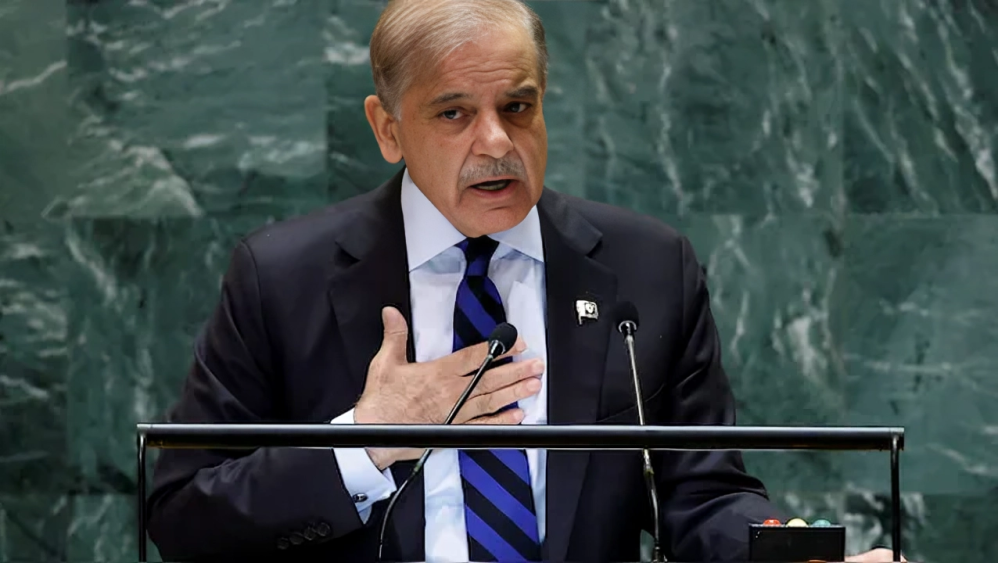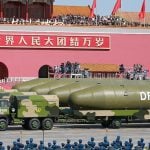Pakistan has been selected to chair the United Nations Security Council’s (UNSC) 1988 Taliban Sanctions Committee in 2025, a powerful body that oversees the enforcement of travel bans, asset freezes, and arms embargoes on individuals and entities associated with the Taliban. The committee plays a crucial role in monitoring threats to Afghanistan’s peace, security, and stability.
In addition to this post, Pakistan will also serve as a vice-chair of the 15-member UN Counter-Terrorism Committee, alongside France and Russia. The move has sparked quiet concern in diplomatic circles, particularly in light of Pakistan’s own complex history with terror-linked organizations.
The announcement comes as part of the annual restructuring of UNSC subsidiary bodies. Guyana and Russia will serve as vice-chairs of the Taliban Sanctions Committee, while Algeria will chair the 1373 Counter-Terrorism Committee. Denmark has been appointed chair of the 1267 Sanctions Committee focused on ISIL and Al-Qaida, with Russia and Sierra Leone named as vice-chairs for the year 2025.
Pakistan is currently a non-permanent member of the UNSC for the 2025–2026 term, a position it secured earlier this year. Apart from its chairmanship and vice-chairmanships, Islamabad will also co-chair two informal working groups: one on documentation and procedural questions, and another on general UNSC sanctions issues.
The development has revived scrutiny of Pakistan’s record on terrorism. India, which chaired the UNSC Counter-Terrorism Committee during its 2021–2022 tenure, has repeatedly raised alarms about Pakistan being home to the largest number of UN-designated terrorists. Among the most prominent examples is former Al Qaeda chief Osama bin Laden, who was found hiding in Abbottabad and killed by US Navy SEALs in 2011.
The UNSC currently comprises five permanent members—China, France, Russia, the United Kingdom, and the United States—and ten non-permanent members. Alongside Pakistan, the current non-permanent members include Algeria, Denmark, Greece, Guyana, Panama, South Korea, Sierra Leone, Slovenia, and Somalia.
In recent elections held via secret ballot, Bahrain, the Democratic Republic of the Congo, Liberia, Latvia, and Colombia were elected to join the Security Council as non-permanent members for the 2026–2027 term, starting January 1, 2026.













